The most competitive and comprehensive Semaglutide
option in Utah...
Recovery - performance - longevity

You Can Heal Your Body
Utah’s #1 for Functional Medicine and Regenerative Health Solutions
Helping you achieve the life you want medication free
Our Specialized Care Solutions

Physical Care
➧ Tailored Health Solutions for Men and Women
➧ Weight Loss Management: Personalized, Sustainable Programs
➧ Prolozone Therapy for Effective Pain and Healing
➧ Aesthetic treatments: Botox and fillers

Holistic Care
➧ Management of Hormone Imbalances & Bio-identical Hormone Replacement Therapy
➧ Advanced Techniques for Fatigue and Stress Management
➧ Comprehensive Solutions for Chronic Fatigue & Sleep Disorders
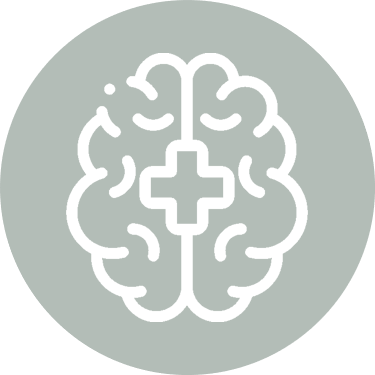
Neurological & Mental Health Care
➧ Dedicated Mental Health Support
➧ Cutting-edge Neurofeedback Therapy
➧ Specialized Care for Mood, Stress, and Anxiety Disorders

Are you sick and tired of being sick and tired?
You have tried everything; diets, supplements, exercise, medication, and far more, yet you are still in pain, exhausted, your medications keep increasing, and you feel like it is impossible to get enough sleep.
At Prestige Wellness Institute our mission is to empower our patients by providing them with evidence-based and effective natural treatments using regenerative health and functional medicine philosophies and tools. We believe each person should be treated with a unique individual health plan and address the root cause to their symptoms. We know that the best possible outcome for our patients can occur when we as healthcare providers and expert staff are working as part of a team with each person individually.
Why CHOOSE US
At Prestige Wellness Institute, we offer personalized, safe,
and natural solutions for your mind, body, and overall well-being.

Here's why to choose us:
Personalized Care: Tired of treatments that don’t fit you? We design customized wellness plans that match your unique needs, lifestyle, and health goals, ensuring every therapy is matched specifically to you.
Natural & Safe Solutions: Are you concerned about side effects or synthetic treatments? Our therapies use bioidentical, plant-based hormones and non-invasive regenerative methods. That helps to restore health naturally and safely.
Holistic Wellness Approach: Tired of focusing on symptoms rather than overall health? We find out the root causes of imbalance, combining multiple therapies for whole-body wellness and long-term vitality.
Proven & Evidence-Based Methods: Wondering if it really works? Every therapy at Prestige Wellness is connected with clinical research and real-world success, ensuring you receive methods that truly work.
Convenience & Comprehensive Care: Are you done with scattered care? At Prestige Wellness, we provide all your treatments under one roof. We give you a stress-free experience.
Your Goals, Our Priority: Worried about your wellness needs? We prioritize your health goals, creating personalized solutions that fit your lifestyle. We deliver real and lasting results.
How do you get started?


Schedule Your Appointment
Call our office in either location of Moab or Springville Utah to book your appointment with one of our specialists.


You Tell Us
Complete our custom surveys and questionnaires. This gives us an in depth snapshot into your symptoms, history and health issues.


Meet With Us
Receive a biofeedback scan upon arrival and meet with your medical professional specialist for your personal 90 minute in-depth health evaluation. Your specialist will go over their findings and root cause diagnosis for you and all of your health concerns and symptoms.


Choose Your Plan For Better Health
During your meeting you will receive your personalized custom health program for ongoing care.
ARE YOU READY TO TAKE YOUR LIFE BACK AND LIVE IT TO THE FULLEST?
We understand your struggles. Over and over, we've witnessed the story: individuals, both men and women, leading dynamic lives until, suddenly, they find themselves running on empty. We're familiar with the narratives of disrupted sleep, persistent pain, escalating medication, and a constant state of exhaustion.
Through treating thousands of patients, including members of our own team, we've recognized that there is a way forward. The key is that this journey isn't one-size-fits-all; it's a path shaped by your individual experiences and needs.

Our Wellness Services
If you are feeling low energy, brain fog, and aging issues, then we have another service that can match your condition.
We are experts in providing natural plant-based solutions for your body and mental health-related issues.
Let's find out about our other wellness services.
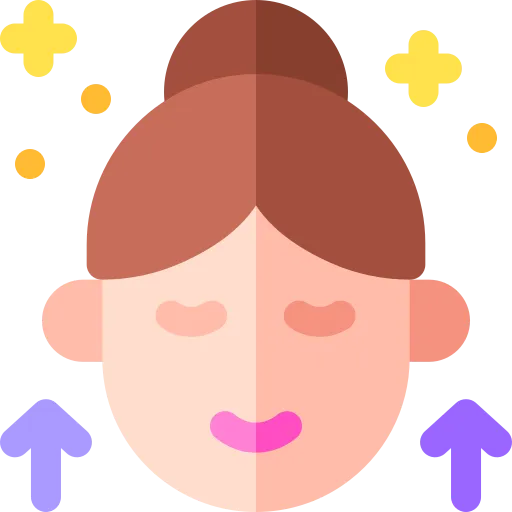
Aesthetics & Injectables:
Are you facing aging issues? Boost your natural beauty with safe, expert cosmetic treatments. Get rid of smooth wrinkles, restore your volume, and boost confidence effortlessly. Every treatment is personalized to match your unique features and goals.
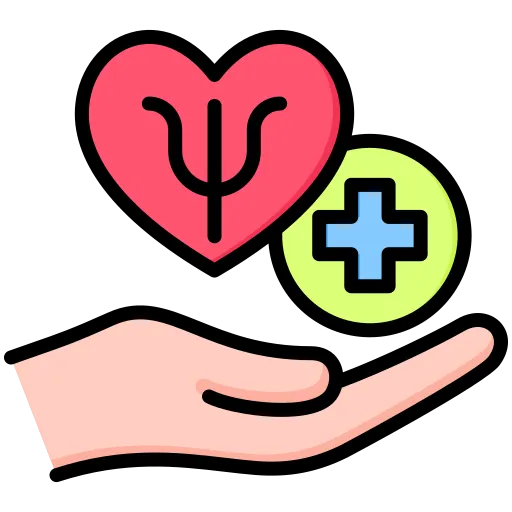
Softwave Therapy:
If you have joint pain, muscle injury, and stiffness. We use soundwave technology to regulate and stimulate healing and tissue regeneration safely. Our targeted approach ensures deeper, effective healing for long-lasting results.

Weight Loss Therapy:
If you have stubborn weight and a low metabolism. We have a peptide-based program that supports fat loss and restores energy balance. Each plan is customized to fit your body’s needs and lifestyle.
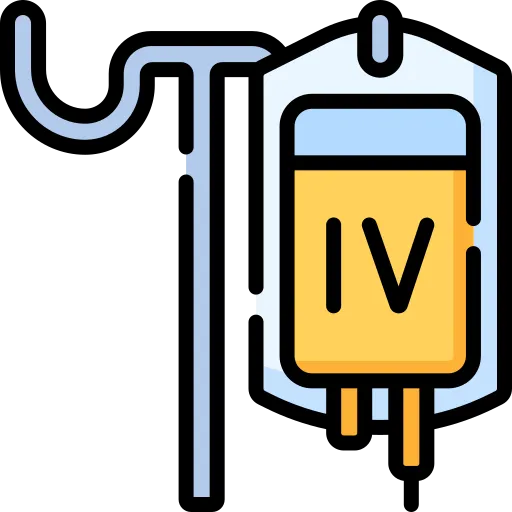
IV Therapy:
Recharge instantly. Best for fatigue, dehydration, or nutrient deficiency. We deliver targeted vitamins and hydration directly into your bloodstream to get fast results.
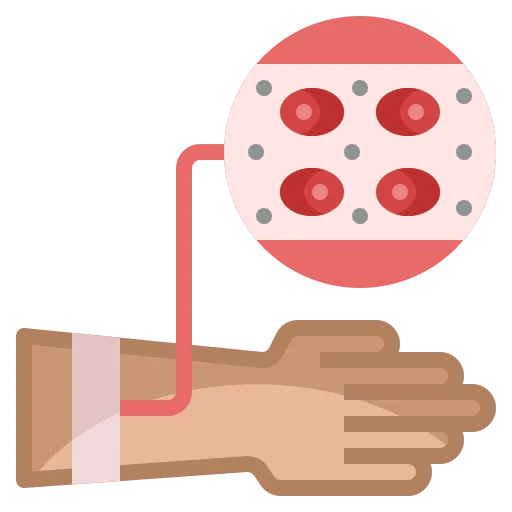
Chelation Therapy:
Detox and protect your heart health. We remove heavy metals safely with IV chelation. This works to detoxify and improve cardiovascular health by removing heavy metals from your system through safe IV treatments.
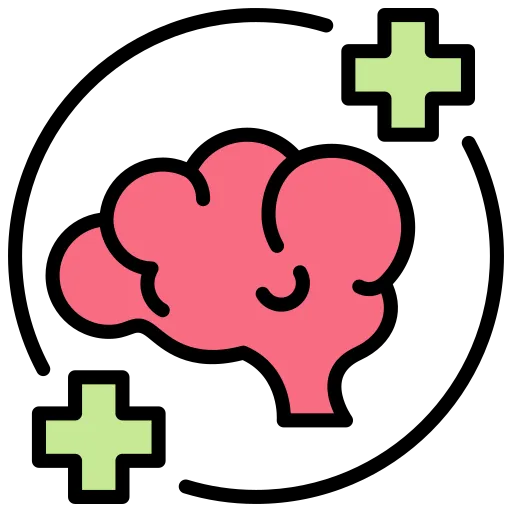
Micro-current Neurofeedback (IASIS):
Reset your mind. If you are facing anxiety, depression, or brain fog. We apply gentle neurofeedback signals to retrain the brain for calmness and clarity.
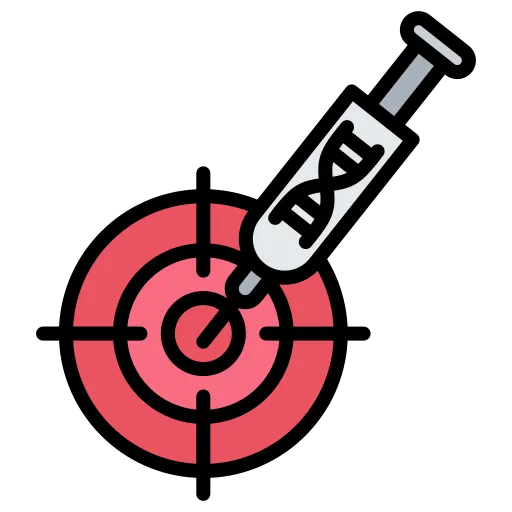
Prolozone Therapy:
Repair your joints naturally. If you have chronic pain, arthritis, and joint issues. We use oxygen and nutrient injections to repair tissues and restore natural function. Our expert-guided therapy targets the root cause, not just symptoms.
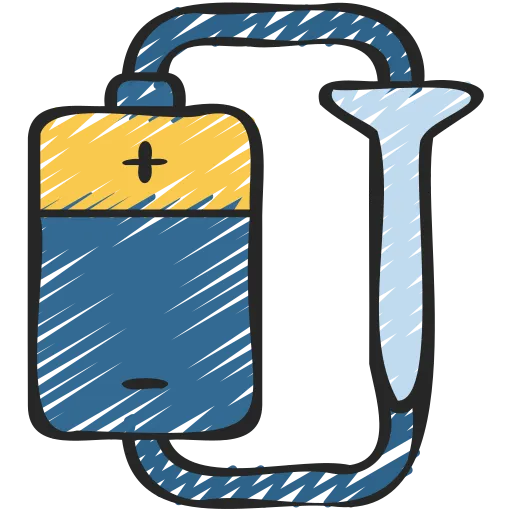
Pulsed Electromagnetic Field (PEMF) Therapy:
Restore your body's natural energy. This treatment helps in recovery from inflammation, fatigue, or chronic pain. We use electromagnetic pulses to recharge cells and improve circulation.
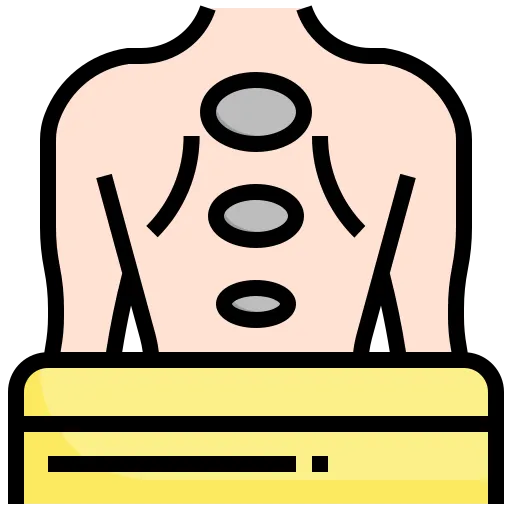
Massage Therapy:
Facing the stiff muscles issue? Our massage therapy helps to relieve tension, reduce stress, and support flexibility. Personalized sessions help restore balance to body and mind.
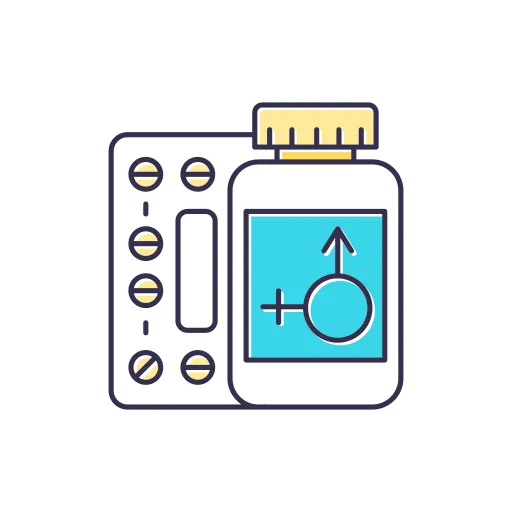
Hormone Replacement Therapy BHRT:
If you see weight gain and mood swings, then our BHRT will help you maintain them. We provide customized solutions for everyone's needs. Our safe, plant-based hormones restore your body naturally.
TESTIMONIALS
unmute to hear their experiences with us
BLOG ARTICLES

COULD IT BE YOUR THYROID?
But what if you are already being treated for hypothyroidism and don’t feel any different?
There is a meme circulating of a plaque on a doctor’s wall saying: “Please don’t confuse your Google search with my Medical Degree.” It is true that we can learn just enough to be hazardous to our health using the internet. At the same time, the internet has enabled an ever-enlarging segment of our population to obtain answers their doctors aren’t equipped to give them.
Trained in all the latest drugs, doctors are unfortunately short-changed in medical school when it comes to understanding the numerous effects and complex interrelationships between hormones. So it does not surprise us when yet another patient presents to us at Prestige Wellness Institute complaining of symptoms like fatigue, depression, irritability, hair loss, constipation, cold temperature, weight gain, not feeling rested after a good night’s sleep, irregular periods, and foggy thinking, only to inform us that her primary care doctor told her that her thyroid is normal. Her body is telling her that her thyroid is in the tank while a blood test says it’s normal. How can this be?
There are actually a number of reasons for this:
Doctors are taught to check a test called TSH. This is a hormone made in the brain. It is the signal the brain sends to the thyroid gland to tell it how much thyroid hormones to release into the bloodstream. The higher the TSH, the more the brain is telling the thyroid, “Give me more!” If the thyroid fails to release enough hormones, TSH will remain high. If you also have some of the symptoms I mentioned above, then we diagnose hypothyroidism. Alternatively, if TSH is low, the brain is saying, “Back off! I have too many” thyroid hormones. But how does the brain know if there are too few or too many thyroid hormones floating around? It has sensors called “receptors.” Unfortunately, the receptors in the brain are not the same receptors that are in the rest of the body. As a result, the receptors in the brain can think there are enough thyroid hormones while the rest of the body is suffering.
To get a more complete picture of thyroid function, we need to know not just TSH, but also total and free T4, free T3, and thyroglobulin. And we need to recognize that they don’t always agree. One level could suggest too many thyroid hormone molecules while another suggests just enough, and the third, too little. In this case, more information is needed in order to understand what is really going on. However, testing only one of those levels could fool a doctor into thinking you have too little or too much when exactly the opposite may be the case.
Normal lab ranges change over time. Simply looking at the lower number and the higher number on the lab report misleads most doctors. This is because many laboratory reference ranges are based on population averages rather than studies of people in optimal health. These days, fewer and fewer people qualify as being in optimal health, so looking at average hormone levels is not a useful guideline. Moreover, what is optimal for one person won’t always be optimal for another. We all recognize that there is a wide variety of shoe sizes worn by American adults, so it shouldn’t surprise us that we are different in other ways as well. My size 10 1/2 shoe is normal for me but it might either drown your foot, or scrunch it. It’s not the size of the shoe that is important. Rather, it’s how comfortably that shoe fits and how well it enables you to walk, run, jump, hike, and climb on a variety of surfaces without injuring your foot. Hormones often work the same way. Although we use thyroid hormone levels as guidelines, it’s not the amount of hormones that counts, but rather the effects they have on all the cells in your body.
Lab tests give clues. They guide additional evaluation. They don’t tell the full story any more than a single bystander on a street corner knows exactly what caused a car accident. This is why any meaningful evaluation of thyroid function relies on views from multiple vantage points, just like reports from multiple witnesses are relied upon to determine the cause of a crash at an intersection.
No evaluation of the thyroid is complete without testing antibodies. A person with completely normal thyroid hormone levels can have all the symptoms of hypothyroidism due to an autoimmune disease called Hashimoto’s thyroiditis. This is the #1 cause of hypothyroidism in America. Studies have demonstrated that thyroid antibodies can be present for up to 15 years before thyroid hormone production begins to fall. Yet the affected person can already feel hypothyroid.
The thyroid affects and is affected by every other part of the body. Not uncommonly, a person with perfectly normal thyroid function will experience the effects of thyroid deficiency because the body is unable to respond adequately to thyroid hormones without sufficient cortisol. This problem cannot be ruled out with a simple blood test. Not only does getting one’s blood drawn change her cortisol output, but normal cortisol production varies throughout the day. So it could be normal at the time her blood is drawn but abnormal at other times of the day.
A variety of conditions cause the body to produce too much of a hormone called Reverse T3 (RT3). RT3 is a mirror image of T3, so it attaches to the T3 receptors in cells throughout the body. Unfortunately, unlike T3, RT3 does not stimulate the cells to action. Worse, by attaching to T3 receptors, RT3 actually blocks T3 from attaching to them. As a result, you can have more than enough T3 floating around in your bloodstream, but your cells can’t use it. You are functionally hypothyroid and will experience the symptoms and long-term ill health consequences of full-blown hypothyroidism.
Cellular toxicity impairs hormone receptor function. The outer covering of every cell in the body is made up of fats and cholesterol in a fluid membrane. Hormone receptors of all types live in that membrane. When hormones attach to their receptors, the message is taken inside the cell to the nucleus, where the message is turned into action. Toxins (heavy metals and all kinds of manmade chemicals) damage the cell membrane so that the message never gets inside the cell. In this case, you can have all the thyroid hormones in the world and still feel (and function) as if you had hardly any. A comprehensive but gentle detoxification program can get your cells and receptors back in good shape again.
Many people suffer from impaired hormone conversion. In medical school, we are taught to prescribe a drug called levothyroxine for hypothyroidism. The most common brand name is Synthroid. This is the laboratory equivalent of T4, one of five hormones made by the thyroid. For some people with thyroid deficiency, this is all they need because their cells can convert T4 into the active thyroid hormone, T3, which is the one that actually does the work of metabolism in every cell.
For a variety of reasons, increasing numbers of people don’t make that conversion as effectively as they used to. As a result, they can have plenty of T4 floating around, and their brain can think they have enough or even too much, when in reality cells throughout the body can’t use it because they can’t turn it into T3.
These are the 9 most common reasons men and women come to us complaining of hypothyroid symptoms in spite of having been told their thyroid is normal. But what if you are already being treated for hypothyroidism and don’t feel any different? You’re not alone. We see this every day in our offices.
If your body tells you that you don’t have enough thyroid hormones but one or more lab tests say you do, spare yourself the Google search. As specialists in functional medicine, we have advanced training in hormone evaluation and management. Prestige Wellness Institute, in Moab and Springville, serves the hormone needs of patients from all over Utah and six surrounding states. Just as important as how you feel, getting the right help can mean the difference in how healthy you are, and how long you live..

COULD IT BE YOUR THYROID?
But what if you are already being treated for hypothyroidism and don’t feel any different?
There is a meme circulating of a plaque on a doctor’s wall saying: “Please don’t confuse your Google search with my Medical Degree.” It is true that we can learn just enough to be hazardous to our health using the internet. At the same time, the internet has enabled an ever-enlarging segment of our population to obtain answers their doctors aren’t equipped to give them.
Trained in all the latest drugs, doctors are unfortunately short-changed in medical school when it comes to understanding the numerous effects and complex interrelationships between hormones. So it does not surprise us when yet another patient presents to us at Prestige Wellness Institute complaining of symptoms like fatigue, depression, irritability, hair loss, constipation, cold temperature, weight gain, not feeling rested after a good night’s sleep, irregular periods, and foggy thinking, only to inform us that her primary care doctor told her that her thyroid is normal. Her body is telling her that her thyroid is in the tank while a blood test says it’s normal. How can this be?
There are actually a number of reasons for this:
Doctors are taught to check a test called TSH. This is a hormone made in the brain. It is the signal the brain sends to the thyroid gland to tell it how much thyroid hormones to release into the bloodstream. The higher the TSH, the more the brain is telling the thyroid, “Give me more!” If the thyroid fails to release enough hormones, TSH will remain high. If you also have some of the symptoms I mentioned above, then we diagnose hypothyroidism. Alternatively, if TSH is low, the brain is saying, “Back off! I have too many” thyroid hormones. But how does the brain know if there are too few or too many thyroid hormones floating around? It has sensors called “receptors.” Unfortunately, the receptors in the brain are not the same receptors that are in the rest of the body. As a result, the receptors in the brain can think there are enough thyroid hormones while the rest of the body is suffering.
To get a more complete picture of thyroid function, we need to know not just TSH, but also total and free T4, free T3, and thyroglobulin. And we need to recognize that they don’t always agree. One level could suggest too many thyroid hormone molecules while another suggests just enough, and the third, too little. In this case, more information is needed in order to understand what is really going on. However, testing only one of those levels could fool a doctor into thinking you have too little or too much when exactly the opposite may be the case.
Normal lab ranges change over time. Simply looking at the lower number and the higher number on the lab report misleads most doctors. This is because many laboratory reference ranges are based on population averages rather than studies of people in optimal health. These days, fewer and fewer people qualify as being in optimal health, so looking at average hormone levels is not a useful guideline. Moreover, what is optimal for one person won’t always be optimal for another. We all recognize that there is a wide variety of shoe sizes worn by American adults, so it shouldn’t surprise us that we are different in other ways as well. My size 10 1/2 shoe is normal for me but it might either drown your foot, or scrunch it. It’s not the size of the shoe that is important. Rather, it’s how comfortably that shoe fits and how well it enables you to walk, run, jump, hike, and climb on a variety of surfaces without injuring your foot. Hormones often work the same way. Although we use thyroid hormone levels as guidelines, it’s not the amount of hormones that counts, but rather the effects they have on all the cells in your body.
Lab tests give clues. They guide additional evaluation. They don’t tell the full story any more than a single bystander on a street corner knows exactly what caused a car accident. This is why any meaningful evaluation of thyroid function relies on views from multiple vantage points, just like reports from multiple witnesses are relied upon to determine the cause of a crash at an intersection.
No evaluation of the thyroid is complete without testing antibodies. A person with completely normal thyroid hormone levels can have all the symptoms of hypothyroidism due to an autoimmune disease called Hashimoto’s thyroiditis. This is the #1 cause of hypothyroidism in America. Studies have demonstrated that thyroid antibodies can be present for up to 15 years before thyroid hormone production begins to fall. Yet the affected person can already feel hypothyroid.
The thyroid affects and is affected by every other part of the body. Not uncommonly, a person with perfectly normal thyroid function will experience the effects of thyroid deficiency because the body is unable to respond adequately to thyroid hormones without sufficient cortisol. This problem cannot be ruled out with a simple blood test. Not only does getting one’s blood drawn change her cortisol output, but normal cortisol production varies throughout the day. So it could be normal at the time her blood is drawn but abnormal at other times of the day.
A variety of conditions cause the body to produce too much of a hormone called Reverse T3 (RT3). RT3 is a mirror image of T3, so it attaches to the T3 receptors in cells throughout the body. Unfortunately, unlike T3, RT3 does not stimulate the cells to action. Worse, by attaching to T3 receptors, RT3 actually blocks T3 from attaching to them. As a result, you can have more than enough T3 floating around in your bloodstream, but your cells can’t use it. You are functionally hypothyroid and will experience the symptoms and long-term ill health consequences of full-blown hypothyroidism.
Cellular toxicity impairs hormone receptor function. The outer covering of every cell in the body is made up of fats and cholesterol in a fluid membrane. Hormone receptors of all types live in that membrane. When hormones attach to their receptors, the message is taken inside the cell to the nucleus, where the message is turned into action. Toxins (heavy metals and all kinds of manmade chemicals) damage the cell membrane so that the message never gets inside the cell. In this case, you can have all the thyroid hormones in the world and still feel (and function) as if you had hardly any. A comprehensive but gentle detoxification program can get your cells and receptors back in good shape again.
Many people suffer from impaired hormone conversion. In medical school, we are taught to prescribe a drug called levothyroxine for hypothyroidism. The most common brand name is Synthroid. This is the laboratory equivalent of T4, one of five hormones made by the thyroid. For some people with thyroid deficiency, this is all they need because their cells can convert T4 into the active thyroid hormone, T3, which is the one that actually does the work of metabolism in every cell.
For a variety of reasons, increasing numbers of people don’t make that conversion as effectively as they used to. As a result, they can have plenty of T4 floating around, and their brain can think they have enough or even too much, when in reality cells throughout the body can’t use it because they can’t turn it into T3.
These are the 9 most common reasons men and women come to us complaining of hypothyroid symptoms in spite of having been told their thyroid is normal. But what if you are already being treated for hypothyroidism and don’t feel any different? You’re not alone. We see this every day in our offices.
If your body tells you that you don’t have enough thyroid hormones but one or more lab tests say you do, spare yourself the Google search. As specialists in functional medicine, we have advanced training in hormone evaluation and management. Prestige Wellness Institute, in Moab and Springville, serves the hormone needs of patients from all over Utah and six surrounding states. Just as important as how you feel, getting the right help can mean the difference in how healthy you are, and how long you live..
LET US ANSWER YOUR QUESTIONS
We look forward to meeting you.
We'd love to hear from you!
Please send us a message using the form below, request an appointment using our convenient appointment request form or call us today at (435) 210-0184.
Copyright © 2026 Prestige Wellness Institute. All rights Reserved.
Disclaimer
The information on this website is not intended to replace your physician and is not intended as medical advice. It is intended for educational purposes. Dr. Andrew and Prestige Wellness Institute encourages you to make your own health care decisions based upon your research and talk to your health care provider before making lifestyle changes.

